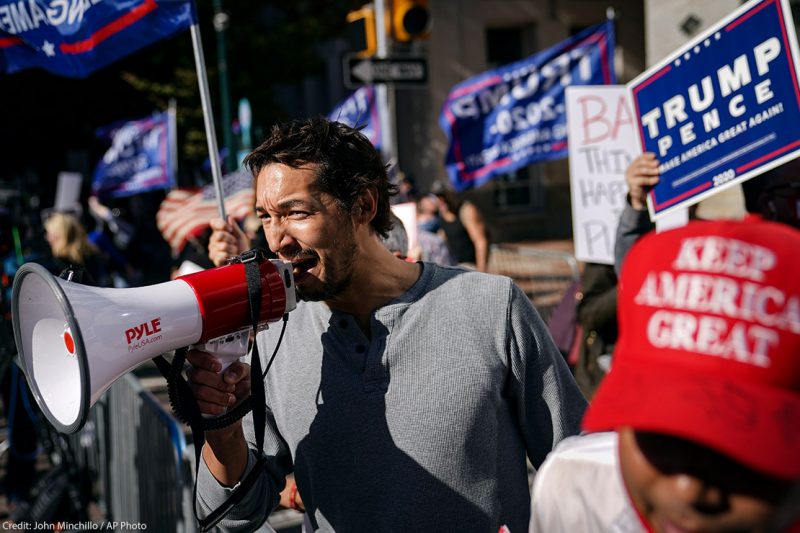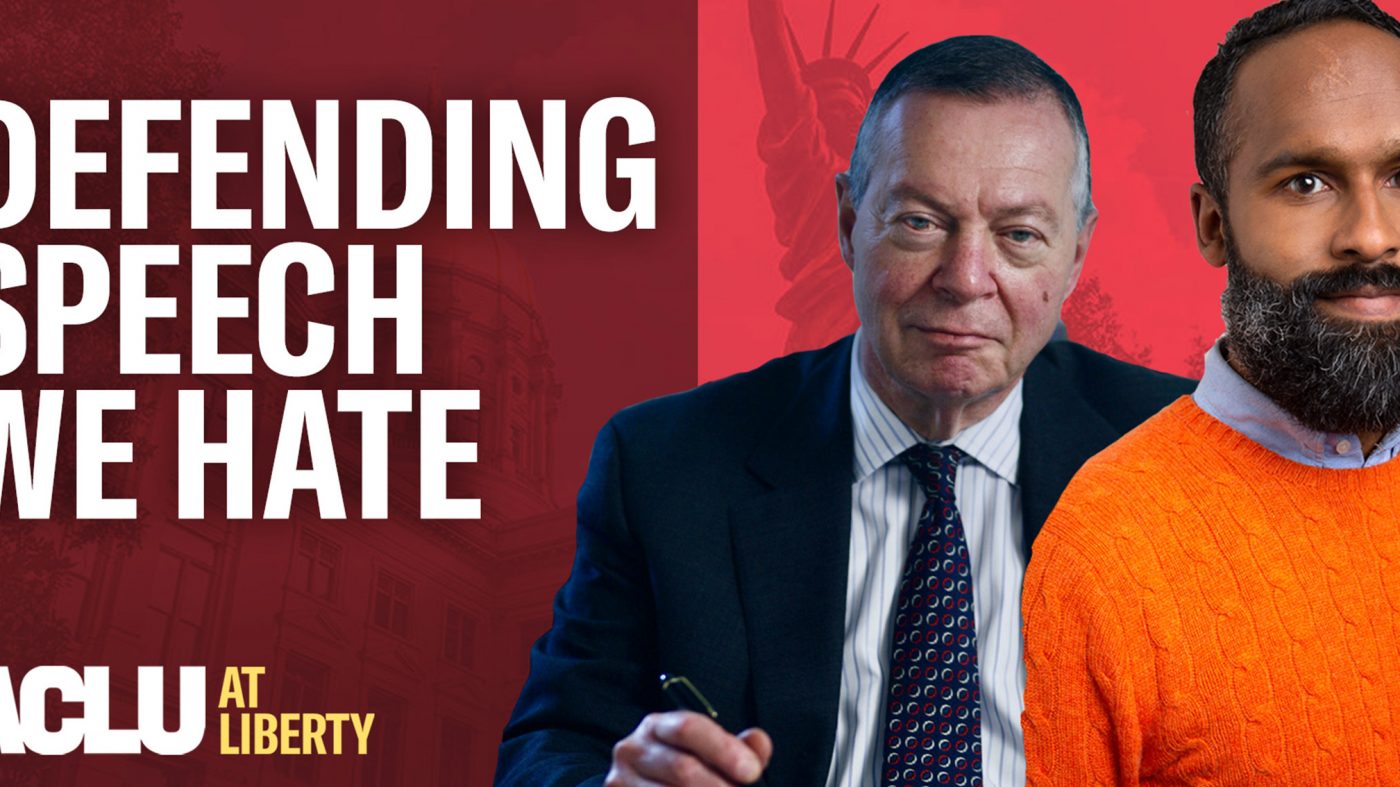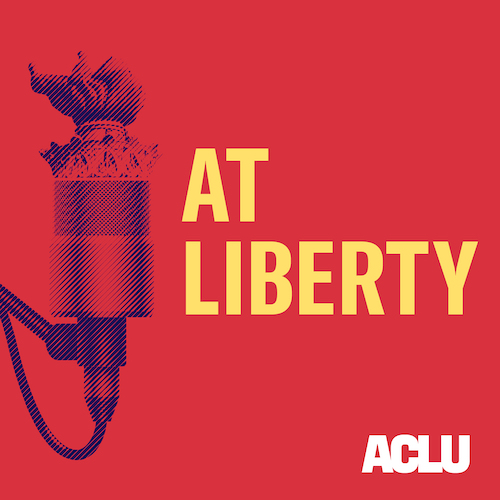ACLU and Partners Urge Supreme Court to Block TikTok Ban
WASHINGTON — Today, the American Civil Liberties Union, the Electronic Frontier Foundation (EFF), and the Knight First Amendment Institute at Columbia University filed an amicus brief urging the Supreme Court to block the enforcement of a law that would effectively ban people in America from using TikTok as soon as January 19, 2025.
Earlier this month, the U.S. Court of Appeals for the D.C. Circuit rejected TikTok’s challenge to the law. TikTok has asked the Supreme Court for a temporary injunction to prevent the app from being banned while the court considers whether to take the case, saying that unless the justices intervene, the law will “shutter one of America’s most popular speech platforms the day before a presidential inauguration.”
“The Constitution imposes an extraordinarily high bar on this kind of mass censorship,”said Patrick Toomey, deputy director of ACLU’s National Security Project. “The Supreme Court should take up this important case and protect the rights of millions of Americans to freely express themselves and engage with others around the world.”
The brief argues that the D.C. Circuit failed to fully address the law’s profound implications for the First Amendment rights of the 170 million Americans who use TikTok. While the lower court’s decision correctly recognized that the statute triggers First Amendment scrutiny, it barely addressed users’ First Amendment interests in speaking, sharing, and receiving information on the platform. The court also perplexingly attempted to cast the government’s ban on TikTok as a vindication of users’ First Amendment rights, which it is not.
The rights groups also explain that the law was intended to suppress certain content and viewpoints that many legislators believe could be amplified on TikTok, including the risk of foreign “propaganda.” But under the First Amendment, the government must meet a very high bar to restrict speech based on concerns about its “motivating ideology” or “perspective,” and the government has not come close to meeting that bar here.
“The government should not be able to restrict speech, especially to the extent here, based on guessing about the mere possibility of uncertain future harm,” said David Greene, civil liberties director at EFF. “The Supreme Court should put the TikTok ban on hold while it considers the DC Circuit’s erroneous ruling.”
Finally, the brief underscores that the government can’t impose this type of sweeping ban unless it’s necessary to prevent extremely serious and imminent harm to national security. But the government has not provided evidence of impending harm, or evidence that banning TikTok is the only available way to address its concerns. As the brief explains, the D.C. Circuit improperly treated the government’s invocation of “national security” as a trump card and failed to hold the government to its burden.
“Restricting citizens’ access to foreign media is a practice that has long been associated with repressive regimes, and we should be very wary of letting the practice take root here,” said Jameel Jaffer, executive director at the Knight First Amendment Institute at Columbia University. “It would do lasting damage to the First Amendment and our democracy if the Supreme Court let this ban go into effect even temporarily.”
You can find the brief online here: https://www.supremecourt.gov/DocketPDF/24/24A587/335380/20241217144322392_24A587%20TikTok%20v%20Garland%20Amicus%20Brief%20pdfa.pdf






